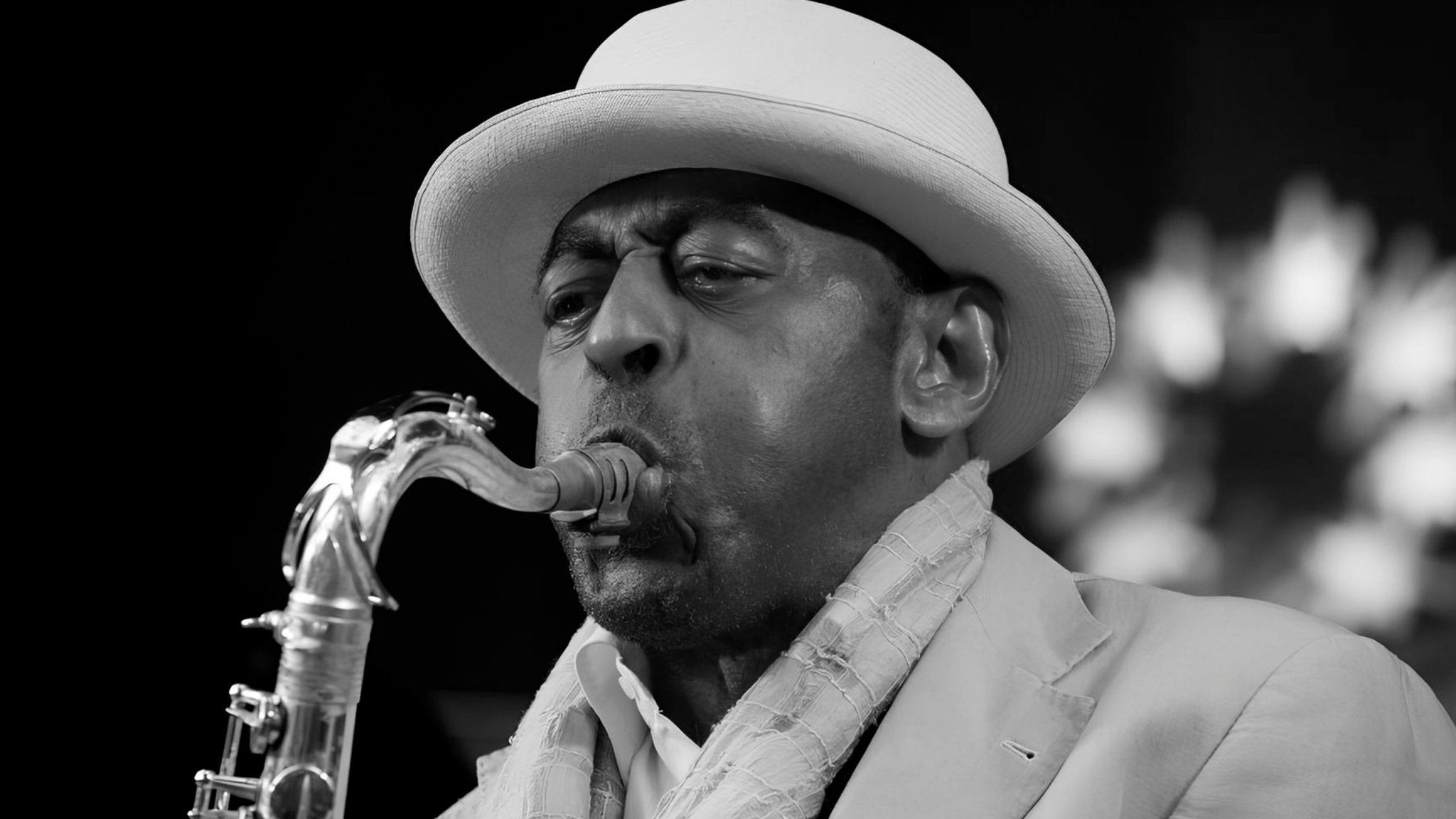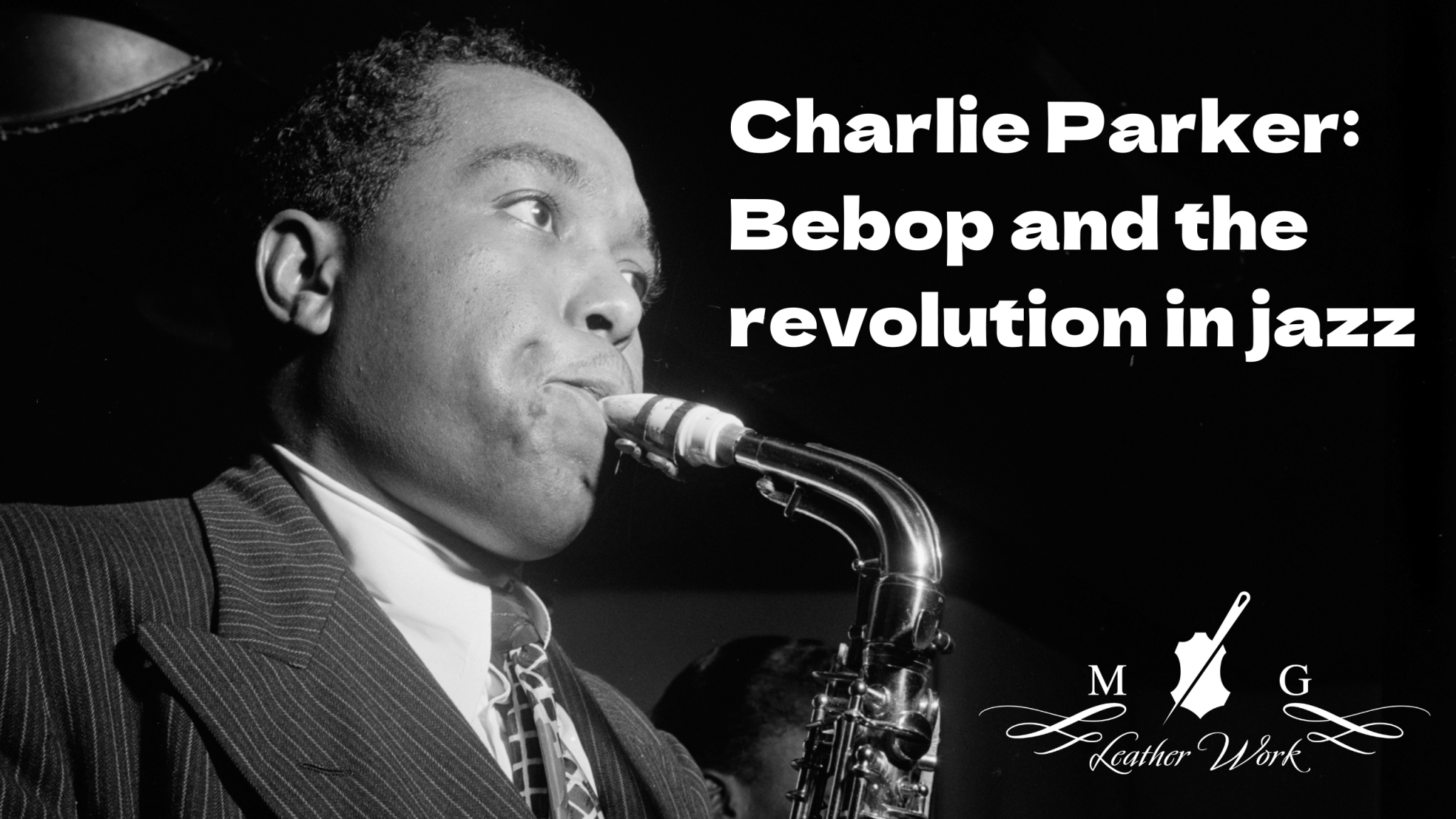Visit MG Leather Work today to purchase these exquisite leather gifts for musicians
Discover the finest selection of natural leather goods tailored for musicians at MG Leather Work. Our premium leather bags and cases are crafted to provide both style and protection for your musical instruments. Whether you're a guitarist looking for a durable leather guitar bag or a musician seeking stylish accessories, our collection offers a range of exclusive leather products perfect for any musical endeavor.
Explore our website and find the ideal leather accessory, from high-quality leather bags for musicians to exclusive covers for musical instruments. Each piece is designed with the artist in mind, combining functionality with elegance. MG Leather Work products are not only practical but also make exceptional gifts for musicians, adding a touch of luxury to their musical journey.
Visit MG Leather Work today to purchase these exquisite leather gifts for musicians. Enhance your musical experience with our bespoke leather cases and bags that promise durability and style. Perfect for any occasion, our leather goods serve as a thoughtful and luxurious gift for any musician.





























 https://mgleatherwork.com/pages/about-us
https://mgleatherwork.com/pages/about-us





Leave a comment
This site is protected by hCaptcha and the hCaptcha Privacy Policy and Terms of Service apply.